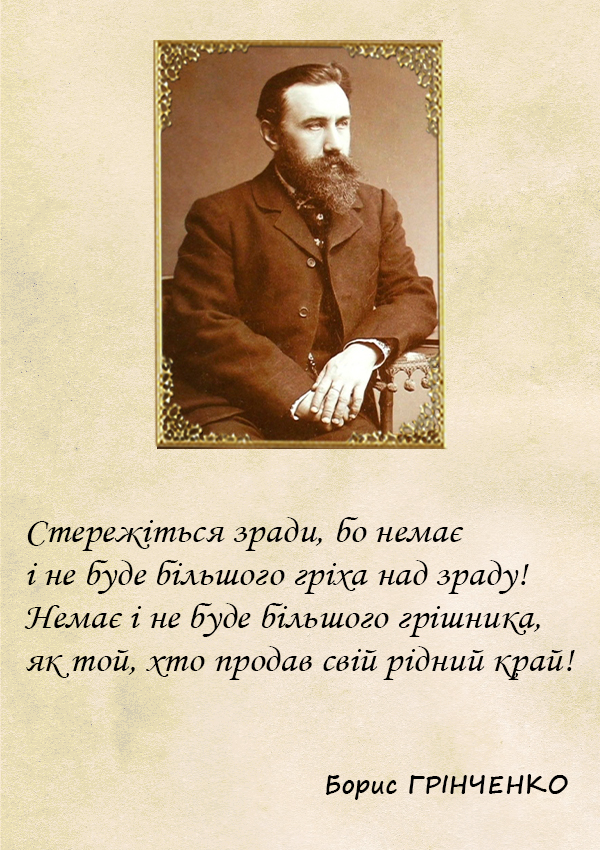
(Book Review)
A lot of books have already been written about Ukrainian-Russian relations in the context of the aggressor’s interests. Russia stole its history with other people’s achievements, depriving other nations of their past.
In ‘Behind the Scenes of the Empire,’ the authoritative literary critic Vira Aheieva (Doctor of Philological Science, Professor at the National University of Kyiv-Mohyla Academy) analyzes the Ukrainian resistance and the struggle for preserving collective memory.
This collection of essays is very similar to an indictment: how many works of art have been stolen, how many people have been crushed by the cruel empire, how many prejudices have been hit in our heads against Ukrainian culture now. I was genuinely impressed that Bulgakov actually didn’t love Kyiv, and Gogol’ was a Ukrainian with a divided national identity.
The Ukrainian literary community of the past encrypted so many symbols in its works! It will take tens of years to fully decipher them. Mrs. Aheieva skillfully chose the brightest of them, in her book they are like pearls, shining on the pages with their exquisite light.
I liked the essay about Lesya Ukrainka the most. Now her image is being actively rethought. I was very glad that the author of the book didn’t portray her as a weak sick girl, but as a powerful intellectual woman who traveled a lot, loved, sang and lived her life. The tragic fate of her family made me think, “Was the Russian Empire really so powerful that even writers were killed because of their opposition? What is it so afraid of? Truth?” It scares me to imagine how many things Russia scathed, stole and stifled in its endless archives…
Certainly, my reading was not easy. I had to look up unfamiliar words in the dictionary almost every 10 minutes. I also skipped paragraphs with spoilers because I wanted to read the recommended literature myself. I understand the lack of illustrations; they would be superfluous in an already thick book. I am very grateful to the publishing house ‘Vikhola’ for the bookmark in the set (It is attached to the soft cover from the inside with perforation.).
I definitely recommend this book to everyone who wants to get rid of the inferiority complex and to those who think that Ukrainian literature is “Marichka’s boring rural life.“ I give this cultural “backstage” 9 out of 10 stars.


























































Залишити відповідь